AARP Hearing Center

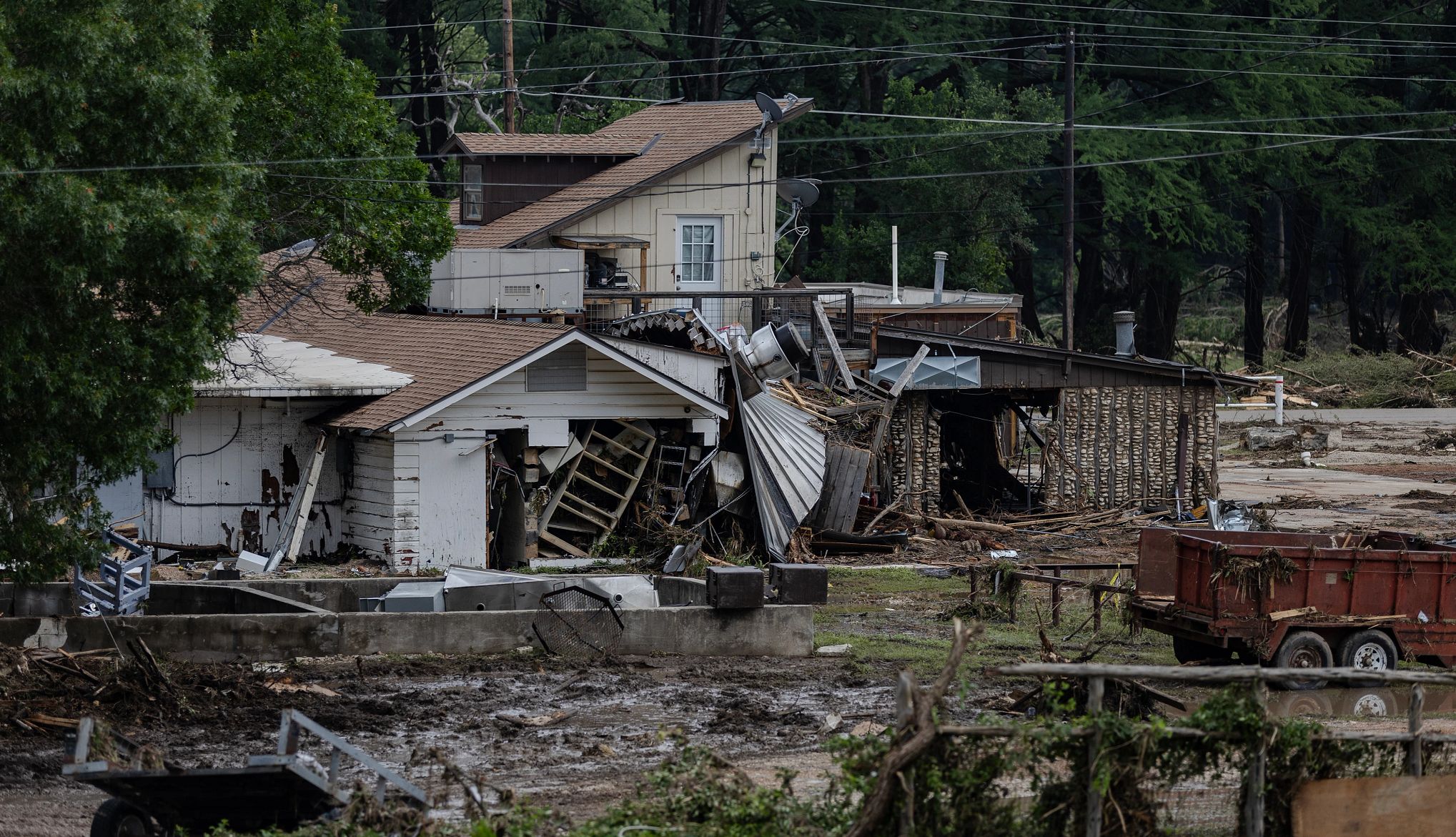
On July 4, heavy rainfall caused catastrophic flooding in central Texas, killing more than 80 people in the Hill Country region over the holiday weekend. The victims included more than two dozen campers and counselors at Camp Mystic, a summer camp that sits along the Guadalupe River. Entire homes near the river were swept away in the torrential floods.
Following such a natural disaster, you might find yourself struggling with your insurer to cover damage to your home and its contents. But you can reduce the chances of insurance battles, both beforehand and during a crisis. Take these steps to help speed up payments after a fire, flood or other disaster.
Know your coverage
Review your homeowners or renters insurance policy to verify which claims can be reimbursed. In addition to losses from fire and smoke, standard policies cover damage caused while putting out a fire. If a disaster leaves your home uninhabitable, these policies also reimburse you a certain amount for living expenses, such as rent or hotel bills, restaurant meals and transportation.
Pro tip: Set up time with your insurance agent or a representative from your insurer to talk through disaster scenarios unique to your home and property. What coverage would you have if wind knocked that maple tree in your front yard onto your home? If a fire is caused by human error? If a leaky old pipe damages a wood floor? Sometimes talking it out is easier than deciphering a policy’s fine print.
Focus on flooding
This is key: Most home insurance policies do not cover flood damage. For that, whether you own or rent, you must purchase a private flood policy. Homeowners, generally speaking, can get up to $250,000 in coverage for the structure itself; owners and renters can get up to $100,000 in coverage for the home’s contents. For more information and links to companies selling insurance in your area, go to the government website FloodSmart.gov. Be aware: After a storm that includes high winds, rain and flooding, expect insurers to dispute the true cause of the damage, in hopes that the other insurer is on the hook to pay up.
Pro tip: If you’re hit by flooding or another disaster, you can also reach out to the Federal Emergency Management Agency (FEMA) for financial assistance and direct services. Hauber received almost $3,000 in aid from FEMA.

































































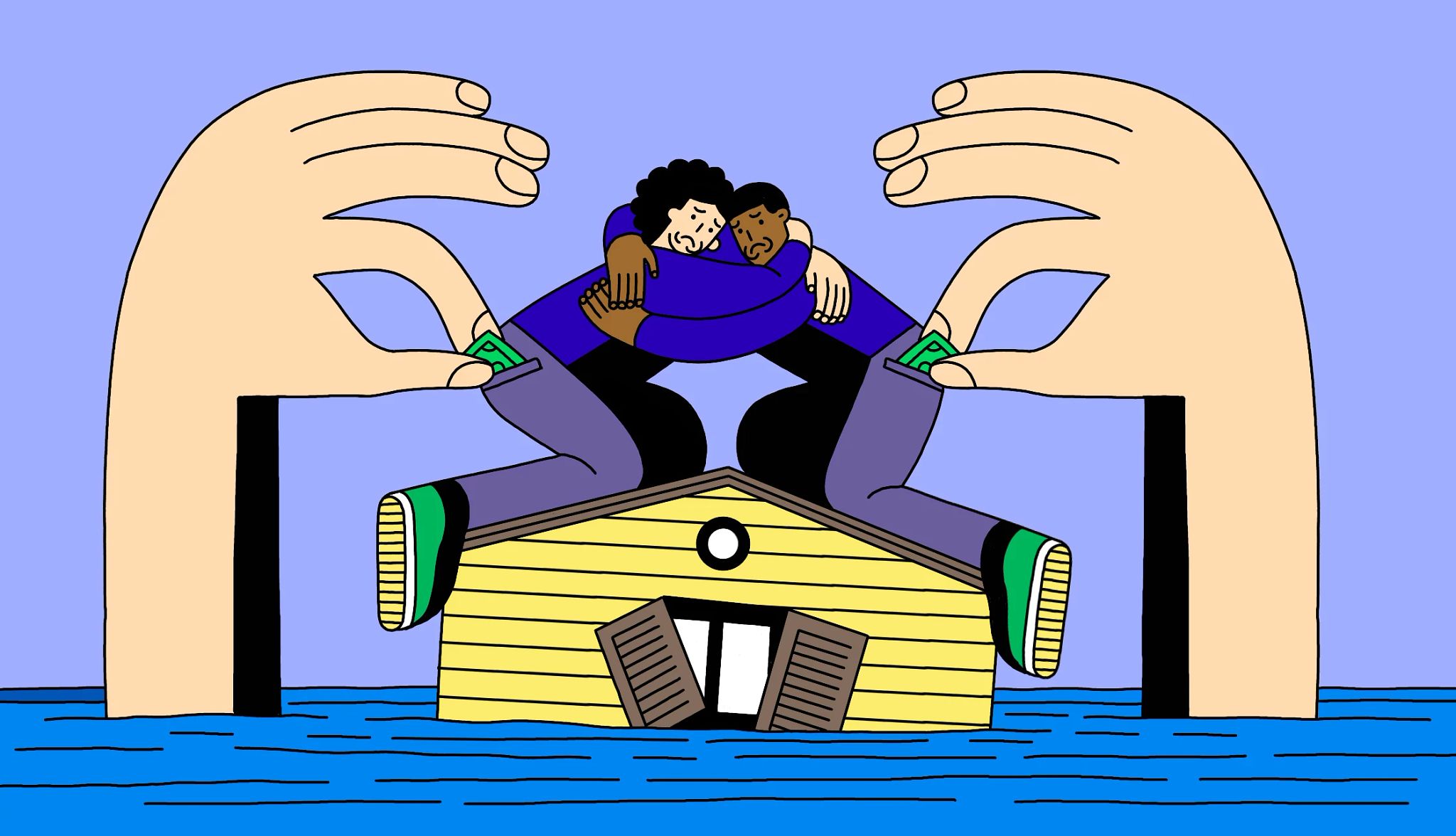
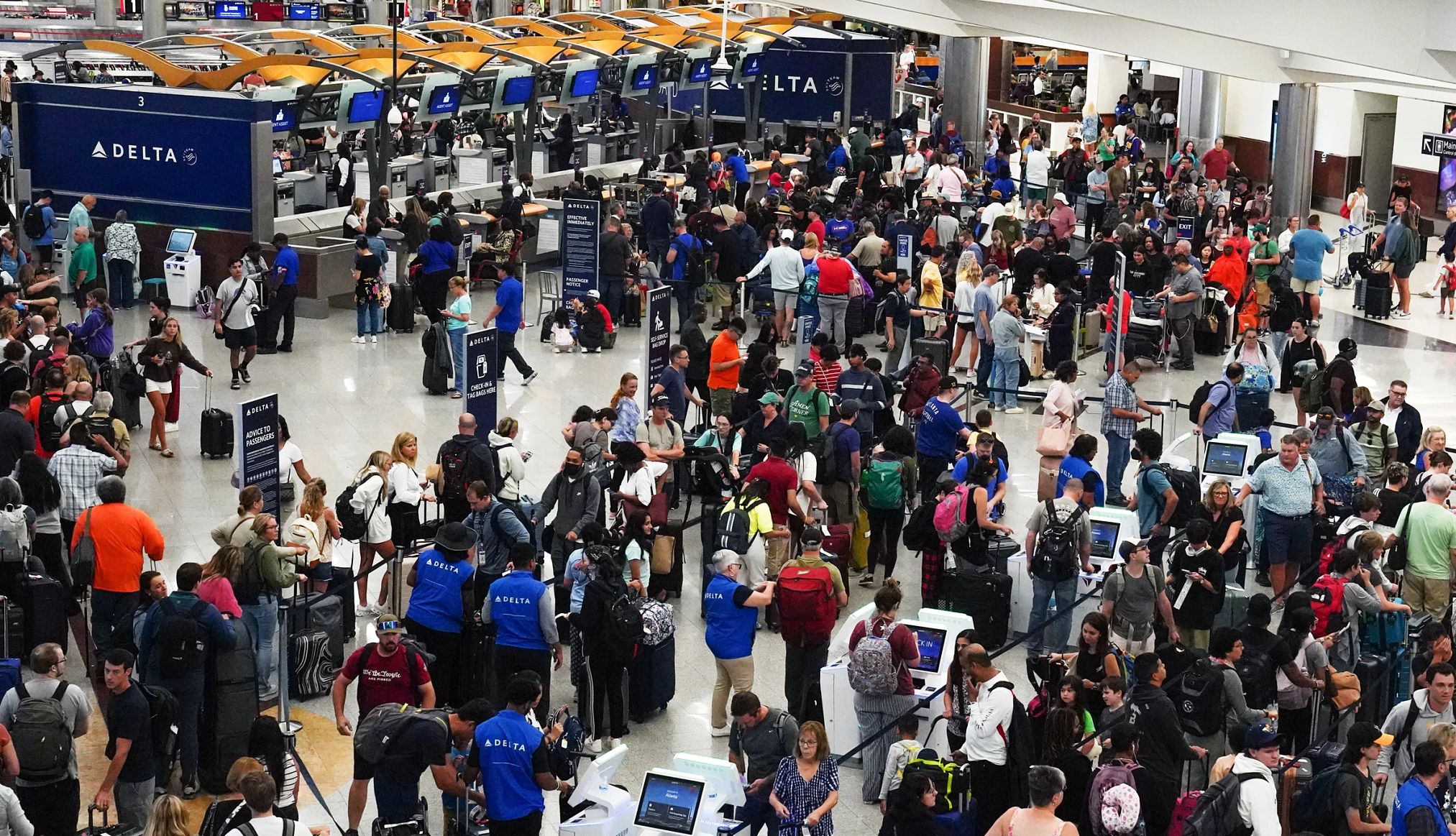

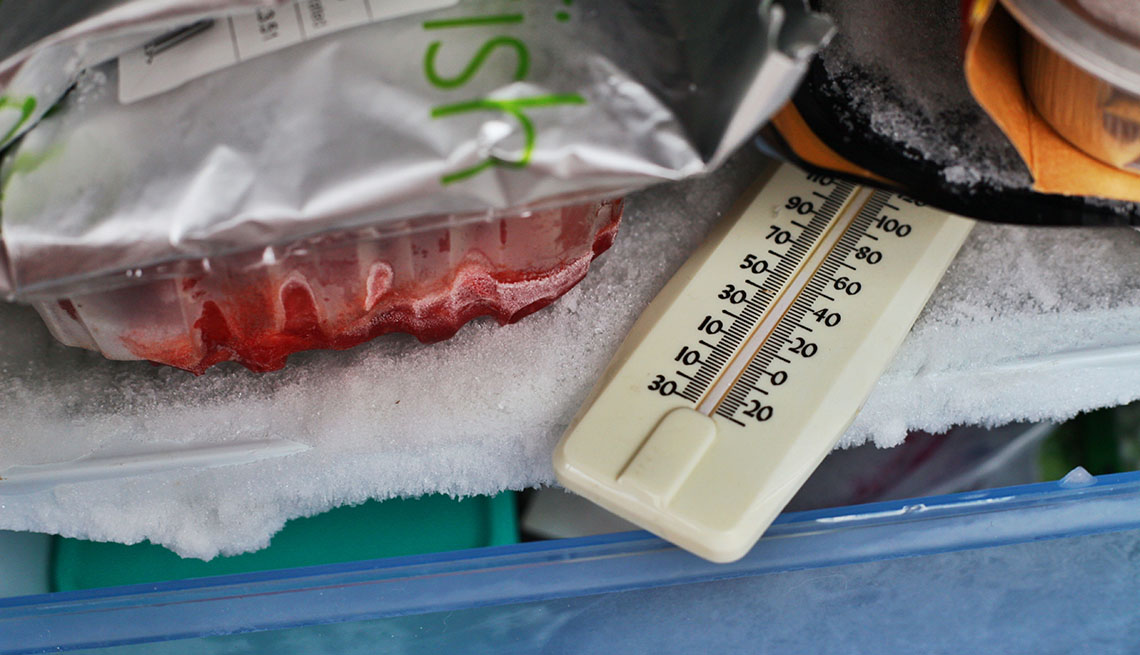
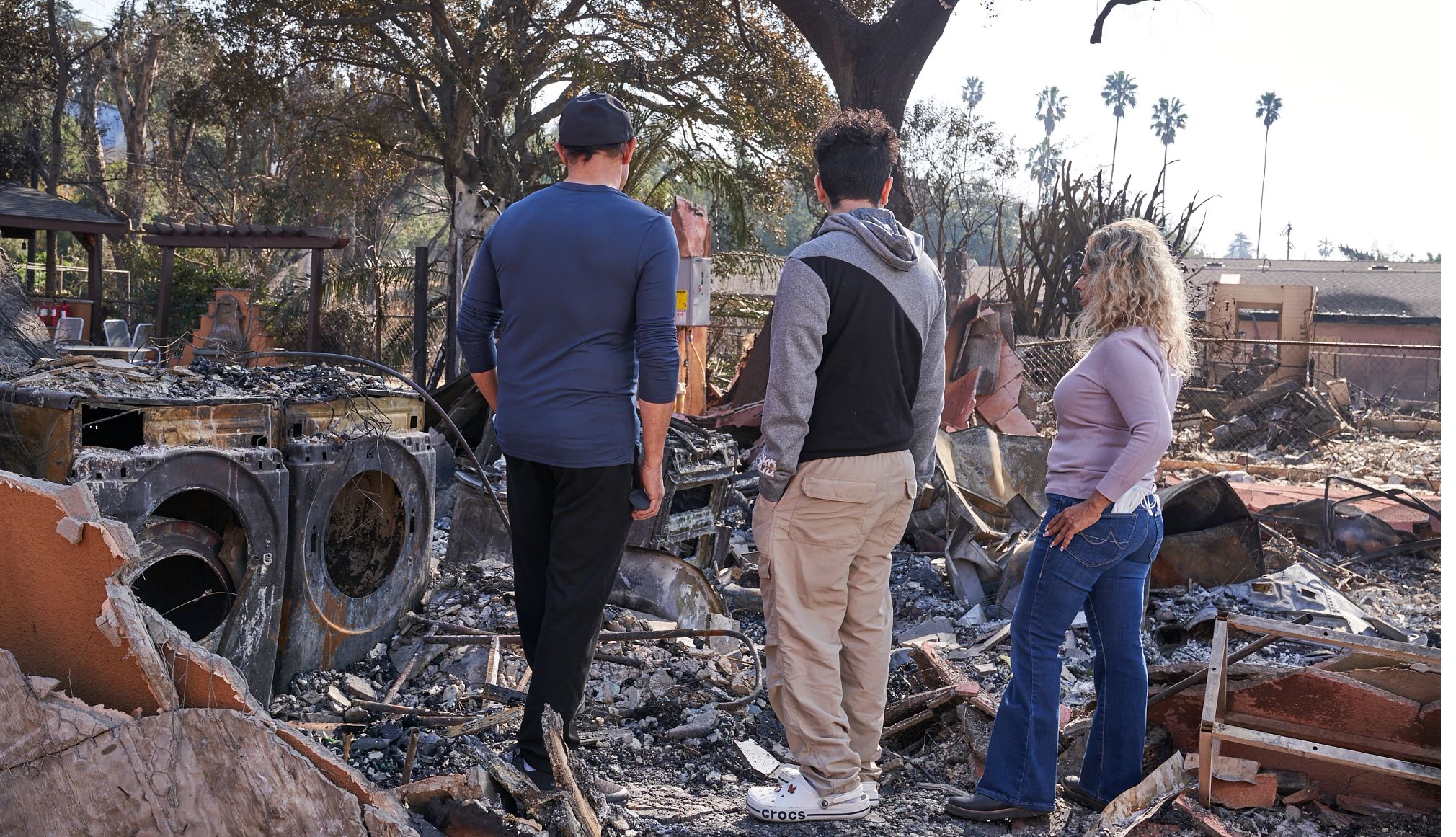

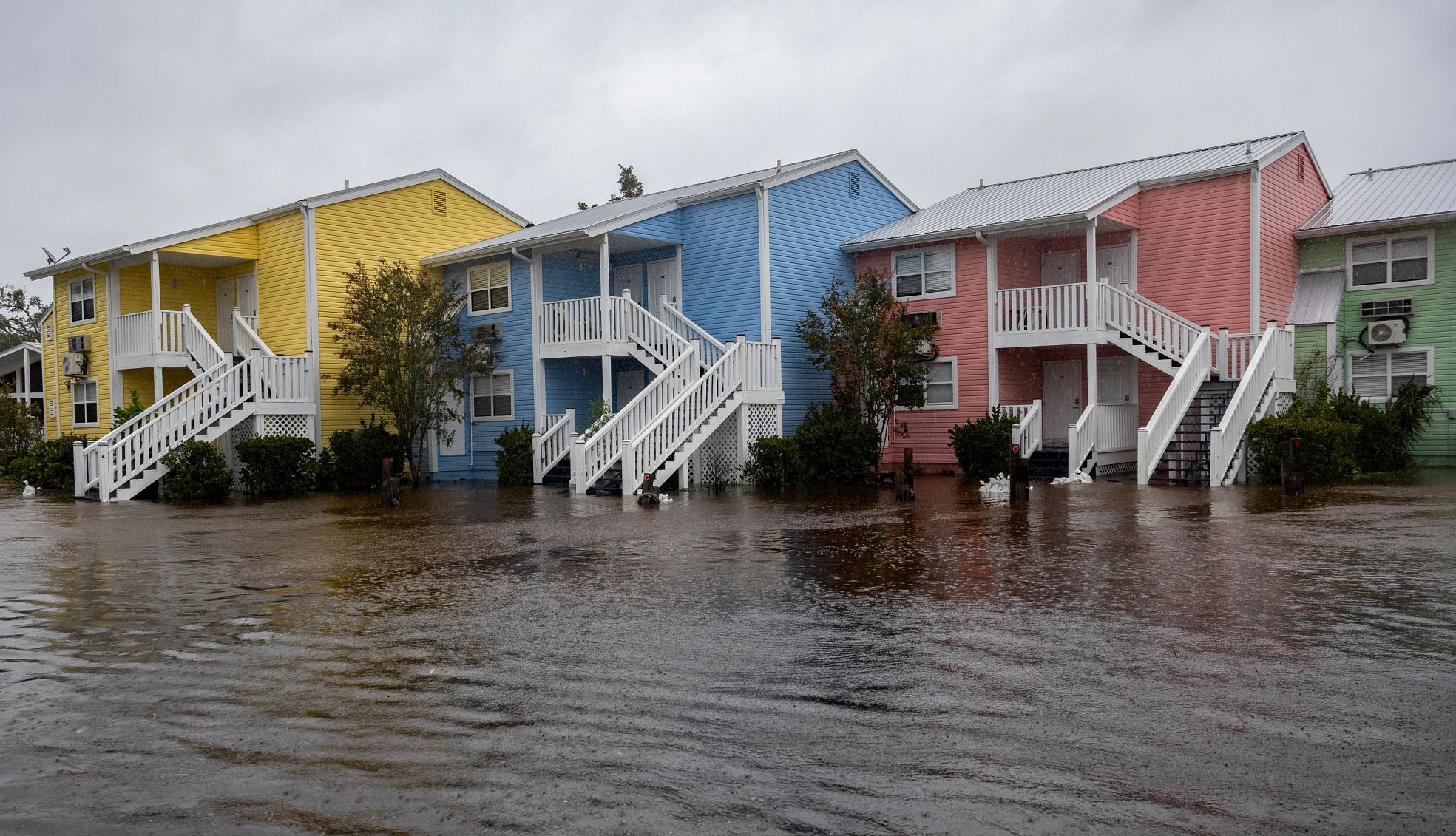
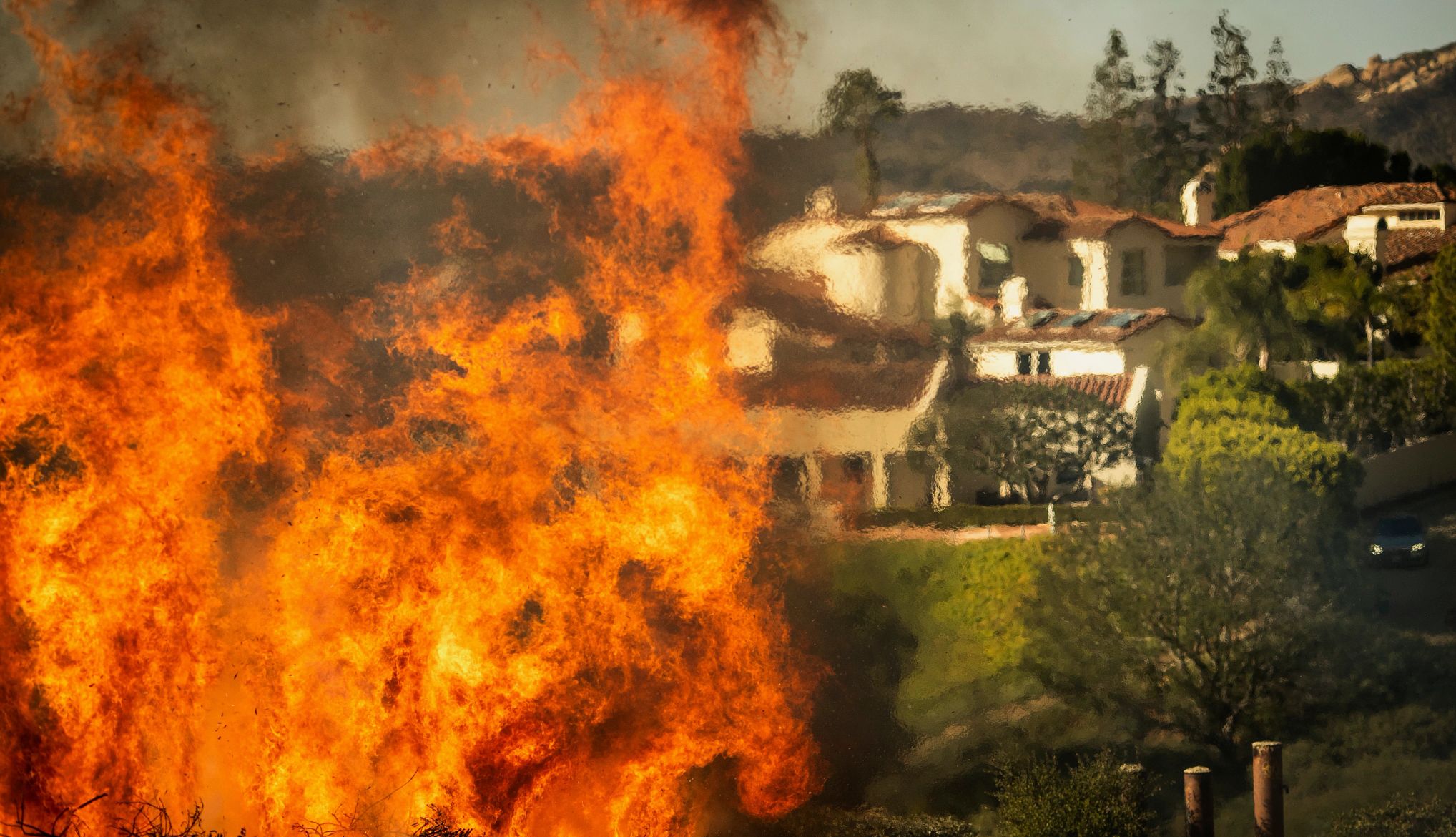



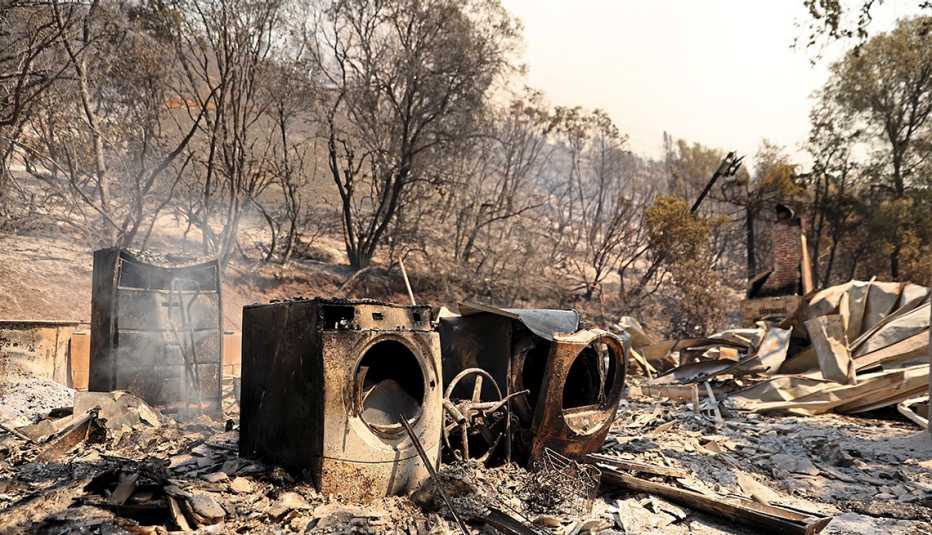

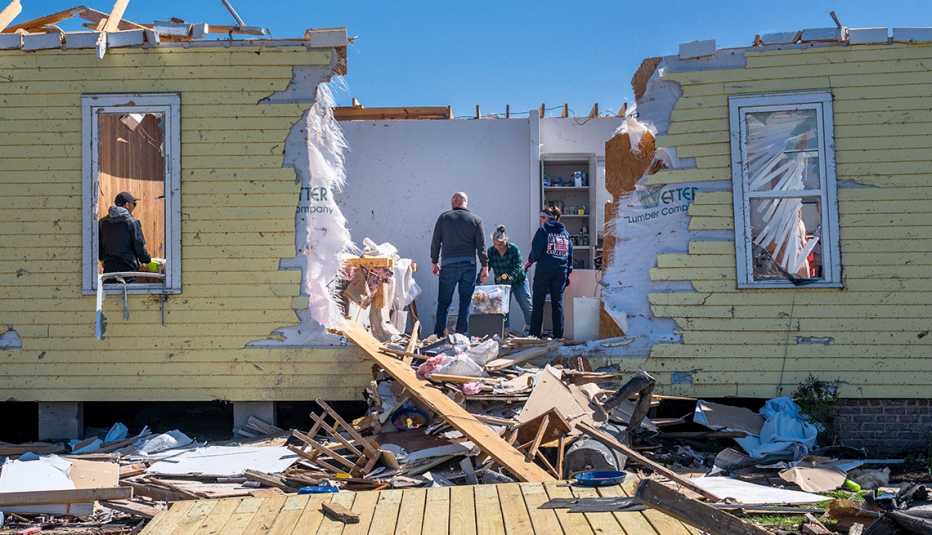


More From AARP
Climate Change Affects Retirement Choices
Heat, storm risk rise in popular Sun Belt destinations7 Surprising Things That Homeowner’s Insurance Doesn’t Cover
Property insurance is an important safety net, but watch out for these coverage gaps